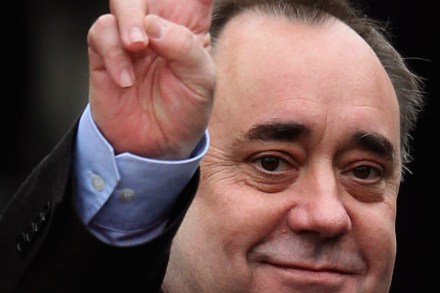What will Miliband do now?
The Labour leader Ed Miliband has been determined not to define himself by picking fights against his own side. He didn’t want to do a Blair or a Cameron and triangulate his way to power. Rather, his model was, in one respect, Thatcher. His team were struck by how she managed to move the political centre from opposition. But Miliband now finds his own side picking fights against him. As Pete blogged earlier, Unite’s Len McCluskey has launched an intemperate attack on him in The Guardian. McCluskey claims that Miliband’s recognition that Labour’s starting point has to be that the cuts will be reality by 2015 has ‘undermined his leadership’. He












